[dropcap style=”font-size:100px; color:#992211;”]W[/dropcap]hen Albert Hofmann discovered LSD did he know that his ‘child’ would change the way humans saw themselves?
Through his work several generations of wider public found insight into the human relationship with the physical world both internal and external, the foreign land people took ‘trips’ to started with their self, but for many became much more.
A reluctant figurehead, it was only late in life that he engaged with the wider community of people that in many cases had little in common with the conservative chemist.
[quote]a chemist who does
not get mystic
looking at the
wonders of creation
that he’s researching
is not a real chemist[/quote]
In 2013, five years after Hofmann’s return to the source, two of his friends : Dieter Hagenbach and Lucius Werthmuller, have compiled this epic book on the life of the so-called ‘mystic chemist’ and his discovery of LSD. In a rich tome of some 400-plus pages the authors give an extensive history of Hofmann and also of LSD itself, from its prehistory and antecedents (scientific and cultural), to its revolutionary high-watermark in the 60s Hippie era.
Meeting up at the UK launch event with so many wishing to imprint their own revelations on Hofmann’s life, Trebuchet wondered how much of the book was biography and how much was hagiography? And what necessitates writing a book on a mystic chemist.
Dieter: I had a very positive LSD experience in the 1960s which changed my life, and then in 1975 I founded the publishing company and started to work various authors.
Hofmann and I became friends which lead to many many discussions about the implication of his discovery as well as publishing Insight Outlook amongst others.
Lucius: He was a family friend who used to visit my parents when I was a child and at the time I didn’t think about it much, he was just another boring adult. Then when I was 16 I first came into contact with his most important discovery and in my first experiences I had very strong telepathic experiences and all the memories of my own mystical experiences as a child were very similar to ones that Albert described himself, and so I got in contact again.
As a child we had barbeques etc, all very normal, but then when my parents died there became a much more personal relationship between him and me. I’m much into parapsychology so we talked about that at some length, amongst so much more.
Dieter and I met in the early 90s and in 1993 we planned to make a conference on the 50th anniversary on the discovery of LSD. But at that time he (Hofmann) wasn’t enthusiastic about embracing the counterculture to that extent. Then when he turned 100 he was really ready, and when we spoke about doing something eh said ‘Oh yes that’s great, lets do that’.
At first I thought that he would just like to come, but he wanted to speak and so at the closing ceremony he declared ‘Now after this even my problem child is no longer a problem child but a wonder child.’
When he died we felt that there was so much more to say… that this wasn’t finished yet for us.
We first just thought we would honour him by making a small book with a little bit of text etc. but then it grew and grew and grew.
Dieter: In the end we cut about a third from our final manuscript. We had enough material for about 1000 pages and now it’s at about 400. But in a way it’s condensed, it’s tight, it’s a factual history of his life and its implications. It’s not an intellectual biography with too much of our opinions….
Lucius: It was a personal tribute to a wonderful man a wonderful scientist – he really lived through the whole of the 20th century. We tried to give a sense of his story which culminates in the 1960s (and also the aftermath).
We are often asked about we think about the future of LSD – but we first of all we wanted to deliver facts and not so much of our opinions on drugs or their legalisation or whatever….
Dieter: …Hofmann speaks through the book and voices his opinions. For instance he was outraged that people were being jailed for life sentences or double life sentences in the US related to LSD. So we let Hofmann’s opinions appear in the book and not our own.
Lucius : Also this would have made our cooperation more difficult as we might not agree with each other!
Trebuchet : Speaking of disagreements in the book, there is an interesting exchange with Leary (Dr Timothy, LSD evangelist), where Hofmann seems reticent in a number of places to embrace the wildness of Leary’s experiments and philosophies. However, by the end of the book he almost comes to the position. Can you tell me about that change?
Lucius: He (Hofmann) was a very conservative man until the end of his life. When the culmination of his experiences and his acquaintances had an effect. He didn’t get from the scientific world all the tributes he would have liked to have had, but he got these tributes from the artists and the counterculture people, and let’s say that he enjoyed to be celebrated like a rock star. He was not without Ego!
For instance I think he might have not have opened up as much as he did if he had received a Nobel prize in the 60s.
(In the 60s Hofmann was visited by the Nobel prize committee and he heard through various channels that they weren’t going to give him the award as it would have ‘sent out the wrong signals’)
Trebuchet: do you think that Pharmaceutical companies are cautious now to make sure something like LSD never happens again?
Dieter: I don’t think so.
Lucius: I don’t think so. There are so many medicaments that have come into the world and caused trouble (e.g. Thalidomide) but things have continued.
Also when he synthesised psilocybin, which lead to the first beta-blockers they (pharmaceutical companies) made many billions with things that came from his work. Few other chemists have made three such medicaments, which Hofmann did, and it was for that reason that they were going to give him the Nobel prize. However because of the LSD they couldn’t really honour him for his huge achievements.
Trebuchet : Do you think that there will be another LSD?
Lucius: I don’t think so because was so big, and so influential and it was potent. But it was related to other substances that had been used before. Peyote for example. However, the potency of LSD was so big that… these days there are now hundreds and thousands of synthetic drugs but they have nothing to do with the quality of LSD, they are just killing you.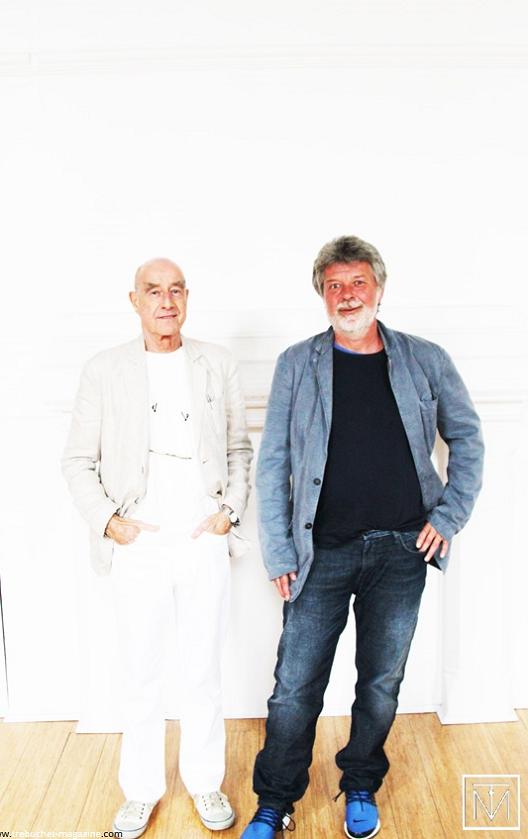
Dieter: I think that LSD had such an impact that it was really the first time that a counterculture had existed in human history, so that also says something about the quality of LSD and it’s effect on young people.
Lucius: But the LSD of some scientist have also had an impact on science (Francis Crick) but on the other hand, it’s hard for me to understand as Mescaline is not so different in effect to LSD but while it was known since the 1880s – it was used by artists and medical doctors but it was almost forgotten (though not by Aldous Huxley who based his doors of perception work on Mescaline not LSD experience).
But it seems that the time of the sixties was just right, it just came all together.
Dieter: To many people it seemed as though LSD was the antidote to the atom bomb and nuclear – a sort of counter balance. Which came to a head in the 60s and the anti-war movement – where people said I don’t want to go to war and I don’t want to kill anybody.
Trebuchet: At the moment there seems to have an explosion of people talking about new modes of living – people thinking about ayahuasca and new ways of living.
Lucius: I agree with you about Ayahuasca at the moment and it really enters that spiritual esoteric scene and people are quite open to undertake this experience. In Europe, in the Netherlands, there are lots of ayahuasca sessions in Switzerland, it’s kind of in a grey zone legally.
Dieter: An interesting thing about Ayahuasca is that you go down into a functioning ritualistic context and that is what always was missing from LSD and also from Mushrooms. Hofmann was always emphasising that it’s (LSD) a sacred drug, that you have to take it under the guidance of a shaman, maybe he was thinking of a modern shaman like a psychiatrist.
But if you go to Brazil or Peru (to do Ayahuasca) you go to a functioning and intact tribal society (more or less), which part of their culture, (and when taken) in a ritual context, then you feel safe. The Shaman is chanting and calling the spirits. That is also how Albert Hofmann wanted it to be with LSD, that you were having a guided experience with rituals. There are such rituals going on, underground, in England and all over the world but you have to keep it secret and by invitation only, and with the right set and setting for a safe psychedelic session.
Trebuchet: Why now?
Dieter: I think it’s a new wave of people realising that we have to change our consciousness; environmentalism and society. Evolution comes in waves, with backlashes and so on.
Lucius : One cannot separate drugs from everything else. We have another wave of yoga like we did in the 60s, then it was a little bit of a quiet time, and now along with Ayahuasca we have a wave of yoga and meditation.
Every other magazine or news article is telling us that meditation is good for you, it’s expanding your mind, relaxing you, you have a better relationship with your work, your spouse, your children and one part of it is drug use, but what is a drug?
A drug is a psychoactive substance. Your coffee in the morning is a psychoactive substance, your drink in the evening is a psychoactive substance, ginger, paprika, or pepper or whatever you take is a changing your metabolism and enhancing you or keeping your down (if you drink a beer). This is part of the industrial age; you have your strong coffee to get you up in the morning and get you awake for work and then you have your beer in the evening to get you down and to get a good night’s sleep.
You should not separate LSD from everything else. It has its role. It’s not a street drug that you should take everyday but something for special occasions. Now we have so much knowledge about these substances that we can handle them much better and educate people how to use them much better. We’ve got more information it’s just that we have to learn how to get this information to people in a much better way.
I think there is a Professor Nutt in England, he was in the news all the time because he was simply stating that (LSD and Cannabis) drugs were less dangerous than alcohol and tobacco. Then he was kicked out… but regardless you have to spread the information that some drugs can be used safely (without of course promoting the use of LSD) if specific conditions are met.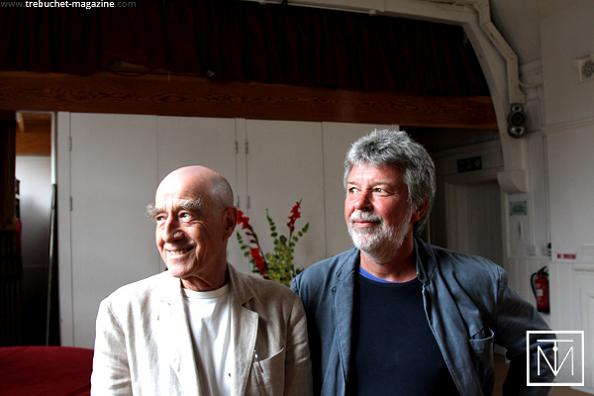
Trebuchet: What do you mean by the title ‘Mystic Chemist’?
Lucius: In Hofmann’s youth (around ten I think) there was a forest near his home that he liked to go into. He was very interested in nature and it was there that he had a mystical visionary experience. Later he said that this experience led him to interested in looking behind everyday reality and finally led him to study organic chemistry, plant chemistry, and finally pharmacology.
He had these mystical experiences all the time and then he had this crucial one with this discovery where he went back to his research on (what became known as) LSD. The first animal trials in 1938 showed no effect but then about five years later he had a sort of premonition ‘this drug must have something else to offer’. So he went back and redid the trials which is absolutely unusual. Which became another mystical experience.
Now talking about the title of the book it was not us that came up with the title. It was an American scientist who came up with the title and the publishers liked it so we went okay. But now we like it too.
Lucius : I must say that I don’t think it’s is a very precise title. I think it’s a catchy title though. The German title is ‘Albert Hofmann and his LSD’ but they considered that not right for an English version. I think would be much more precise to say ‘mystic’ and ‘chemist’ as he was a chemist and he was a mystic but he was not a mystical chemist.
The relation between the two was that he said that a chemist who does not get mystic looking at the wonders of creation that he’s researching is not a real chemist.
Dieter: He was a natural scientist who was not a mystic, he was so much into the wonders and the beauty of nature.
Trebuchet: Thinking of mystical chemist it’s very difficult not to think of Alchemy. Was there any point where he sought to define consciousness?
Lucius : I think he always thought that consciousness that you cannot define it because you need the consciousness to think about consciousness. So you cannot objectively talk about consciousness because it’s what you need to think about it. But the alchemical side of it was a strong connection. Paracelsus lived in Basle, he was there for three years teaching at the university and I think that the discovery of LSD was like a modern alchemist act.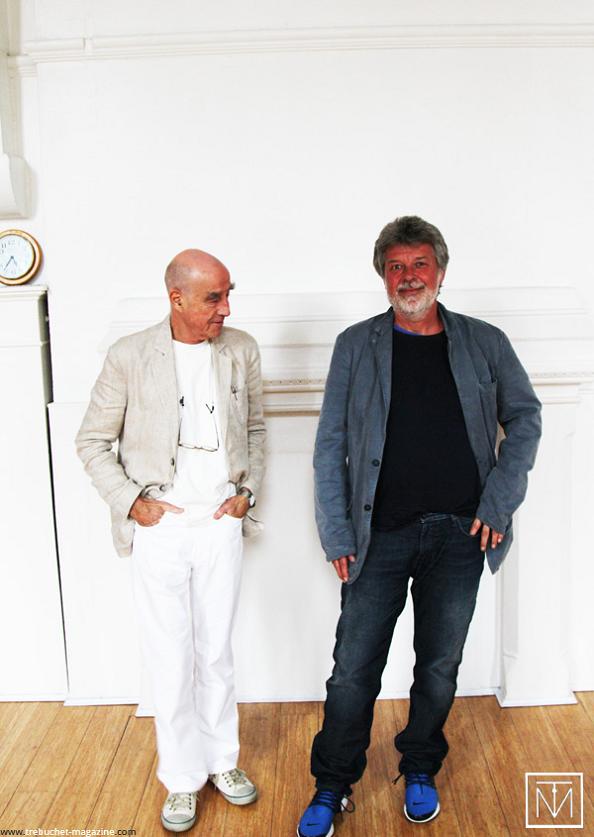
But he himself he always said ‘we should not talk about the content of consciousness’. It’s in quantum physics that the one who observes changes the observed.
Trebuchet: Thank you very much.
—
Perhaps one of the most important aspects of this large tome on Hofmann and LSD is that through understanding the process of how LSD was discovered, and divorced from hype and hope, the bare reality of what LSD is is in itself enlightening. The research-based experiments have shown very useful potentials for LSD as a medicine that has the ability to heal people from a variety of malaise.
Moreover, what LSD prohibition says about civilisation is almost boringly obvious. However, we can optimistically see the thaw in attitudes to its use in research as signs that western civilisation is maturing and part of this maturation would be a development of eco-cosmology of which ritual consciousness expansion is a part.
When asked what he thought would happen when he died Hofmann replied:
“I go back to where I came from, to where I was before I was born, that’s all.”
A simple profundity that is equally true from a scientific and mystical point of view suggests that our sense of place should derive from a rational wonder rather than either irrational mystery (religion) or emotional abnegation (cold science) or worse still, teleological prejudice based on ignorance.
When such an evolution takes place we may yet see a tie-dyed Nobel Laureate.
—-
Mystic Chemist : The life of Albert Hofmann and his discovery of LSD. Published June 1st 2013 by Synergetic Press
About the Authors:
Dieter Hagenbach was born 1943 in Basel, Switzerland. He studied architecture and the arts at the Academy of Fine Arts, Düsseldorf, Germany and was a member of the multimedia team, Cosmic Correspondence, with Jürgen Rahn in 1969, making presentations in the art galleries of Düsseldorf, Baden-Baden, and Basel. He took a study trip to India in 1970, resulting in papers about the Khasi tribe in Assam, and the observatories in Delhi, Jaipur and Varanasi. He took architecture and urban studies in London at the Centre for Arts and Cultural Enterprises. In 1975 he founded Sphinx publishing house, with works by Joseph Campbell, H.R. Giger, George Gurdjieff, Jean Houston, Timothy Leary, John Lilly, Terence McKenna, Alan Watts, Robert Anton Wilson, among others. From 1977–1986 he was editor of Sphinx magazine and the German language edition of the Brain/Mind Bulletin.
Lucius Werthmuller: Lucius Werthmüller was born 1958 in Basel, Switzerland. He is a consciousness researcher and parapsychologist. Since 1991 he has been president of the Basel Psi Association with over 1,200 members, the largest organization in the field of the paranormal and the spiritual in Switzerland. He is editor of the Psi-Info magazine with a print run of 30,000 copies. In the year 2000 he was awarded the “Swiss Foundation for Parapsychology” prize. For eight years Lucius was project manager of the “Basel Psi-Days,” a congress with the reputation as the most important public congress on “border areas” of science worldwide. Since 1992 he has run an antique bookshop specializing in parapsychology and spirituality.
Amazon Product Link

Editor, founder, fan.

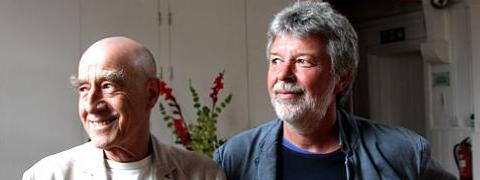

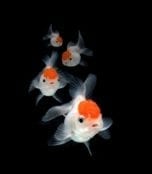

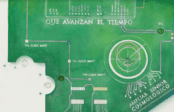
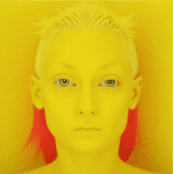
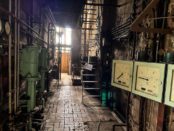
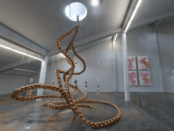

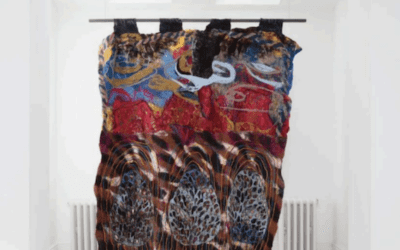
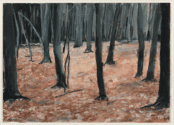
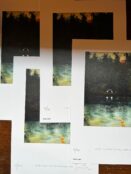
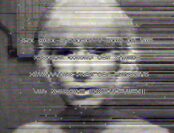
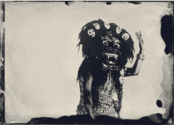






Dr Albert Hofmann would be a remarkable man even if he hadn’t discovered the chemical compound that changed the course of the 20th century: LSD. Hofmann’s chemical creations also include chemicals used every day in maternity and geriatric wards the world over.
Shares the best gift you can give this Christmas – the gift of knowledge
http://amzn.to/1eBj5hT